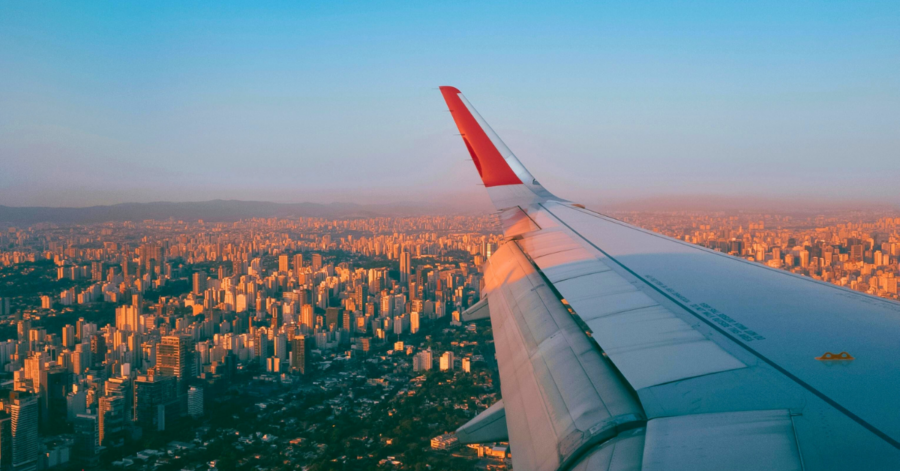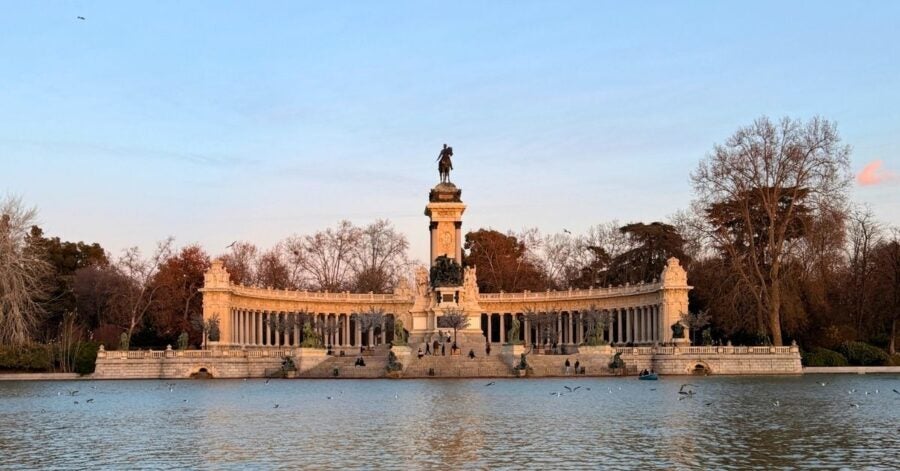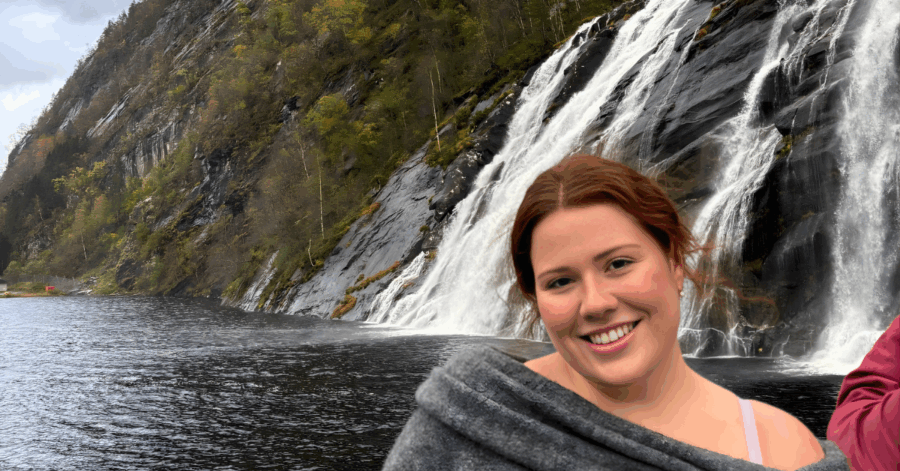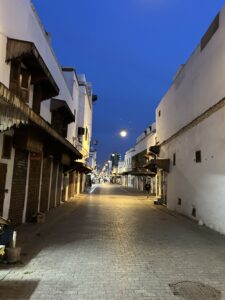
Wow! I can’t believe the midterm season is finally over, which means I’m already more than halfway through the semester. It doesn’t feel like I’ve been here for over two months. I want time to stop because I’ve enjoyed it here so much. In a way, it feels as if time has stopped because Ramadan ended just last week.
Before coming to Morocco, I thought the streets would be deserted and time would slow down during Ramadan. For those who do not know, Ramadan is a period of fasting in which Muslims only eat “Suhoor,” which is the meal before sunrise and “Iftar,” which is the meal at sunset. Additionally, Muslims abstain from smoking, drinking coffee, tea and even water.
Once Ramadan commenced, the only difference was the cafes. They are usually filled with customers playing card games, people watching and enjoying a cup of coffee or tea. The cafes became closed during the day but became just as lively at night.
The first day of Ramadan was a bit confusing because I didn’t realize the clocks went back an hour, meaning the sunset would occur an hour earlier than usual. Meanwhile, in the States, the clocks sprang forward because daylight savings occurred just the day before Ramadan.
Additionally, I learned that most Muslim countries follow what Saudi Arabia observes. Because Saudi Arabia sighted the moon, Ramadan commenced March 11 for most Muslims across the world. Here in Morocco, however, they follow exactly the position of the moon; therefore, Ramadan began March 12 in Morocco.
Most days I go to the beach and watch the sunset, so on the first day of Ramadan, that’s what I did. The beach was emptier than usual, but I quickly noticed that everyone left a bit before sunset. Once the sun fully set, my friend and I were startled by a loud boom of what I assumed was a cannon and looked at each other confused. Later we found out it was in fact a cannon that goes off twice a day to signal when Suhoor has ended and Iftar has commenced.
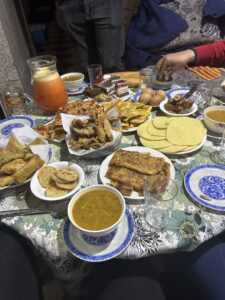
We called our host mom to ask when Iftar was and she told us, “Deba!” which means now in Moroccan Arabic. We quickly got up and walked home because we were both under the impression that Iftar wasn’t until the sky became completely dark. I expected Iftar to be a lot of food but wasn’t prepared for the sheer amount of food that was presented on the table. I was so overwhelmed and wanted to eat everything.
A few days later, after careful consideration, I decided to try to fast because I was told the meaning of Ramadan, which is used as a time for reflection, prayer and giving back to the community. The first day was difficult. The hardest battle was not abstaining from eating or drinking, but my sleep schedule.
Waking up at 4 a.m. every day for Suhoor to eat a full meal of meat, chicken and vegetables was something I’d never done before. I had a full bottle of water as well; therefore, it was hard for me to go back to sleep before having to wake up again for class at 9 a.m.
The lack of sleep made me feel like I was going through the day like a zombie. I was only able to follow this schedule for a full week before I traveled for spring break. So, once I returned from my travels in Europe, it was time to celebrate ” Eid al-Fitr,” which marks the end of Ramadan.
I feel so fortunate to have experienced Ramadan in a Muslim country. I felt the atmosphere completely shift and was able to celebrate not just with Morocco but with the whole Muslim world. This was truly an unforgettable experience that I will cherish forever.
This post was contributed by Arleana Mweyola, a Global Ambassador for Spring 2024. Arleana is a senior international relations and global studies major studying abroad in Rabat, Morocco.


